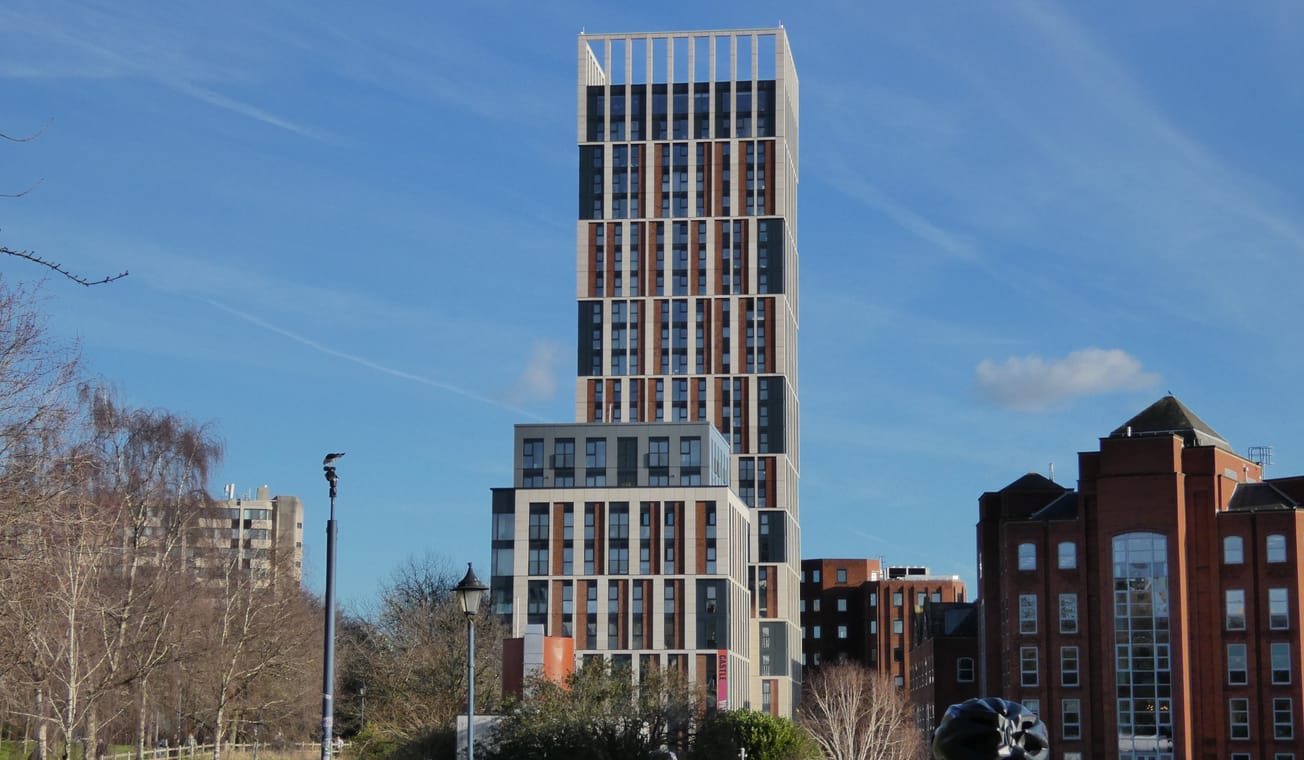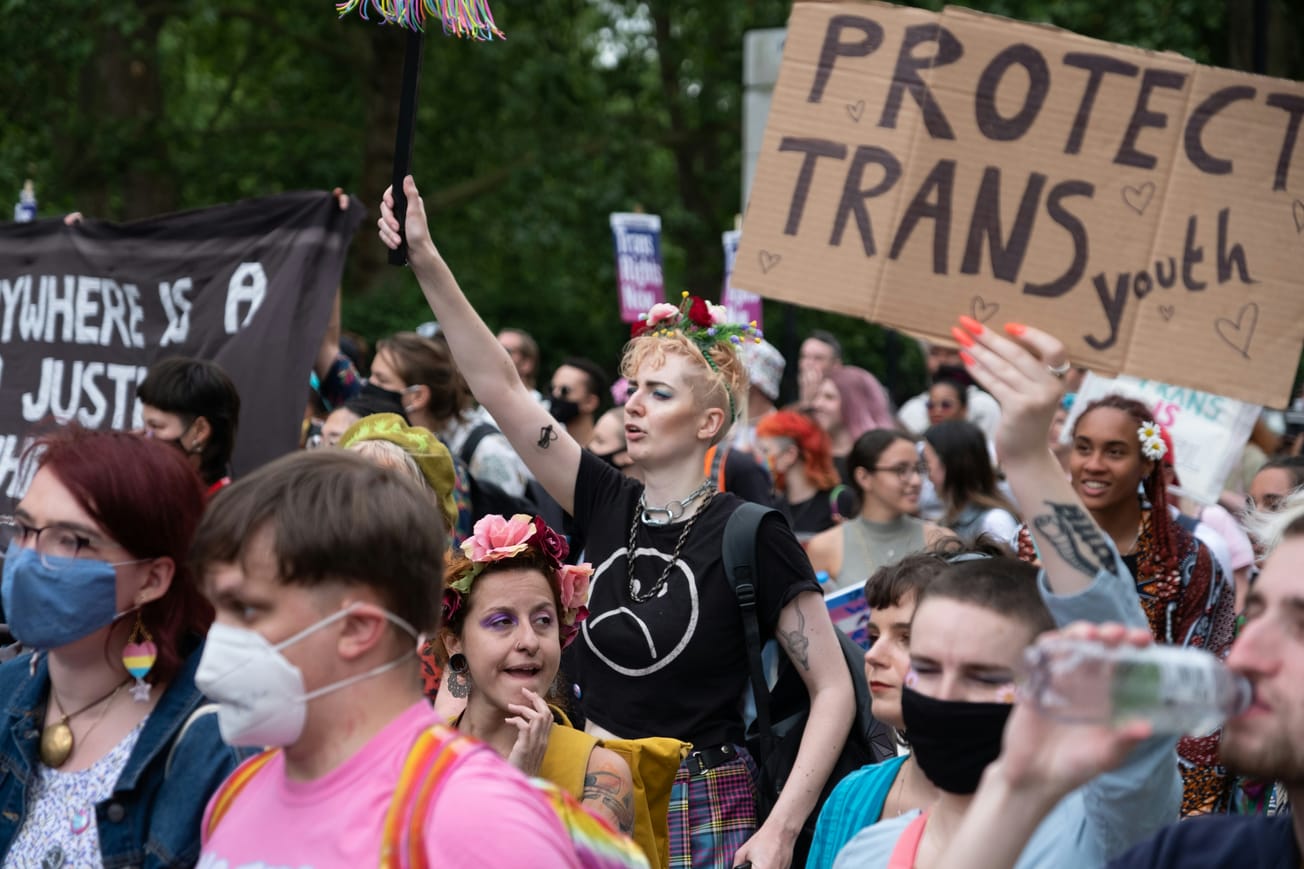By Georgiana F. Scott, First year Psychology
Disclaimer: The views, thoughts, and opinions expressed in this article belong solely to the author, and do not necessarily reflect those of Epigram as a publication.
How endorsements, low voter participation & pressure voting possibly influenced this year's SU elections
'Bristol SU is a democracy', firmly declares the first line of the SU ‘Student Voice’ web page. Democracy, perhaps a term many claim to understand, is actually a rather dubious political concept. Equal vote in elections? Minority rights? Freedom of speech? Simply a majority rule? Essentially, when it comes to student politics a defining aspect of democracy is the fact that everyone on the student body is entitled to vote upon the potential representatives as they choose.
Without question, it is the existence of this democracy that transforms the university into an electrifying hub of proposed manifestos, freebie giving and the customary cloaking of bushes with promotional bedsheets. Bringing with it a remarkable energy, it is the opportune week for students typically apathetic towards student politics, letting other democratic events like the AMM go over their heads, to feel that they have voiced their opinion through simply hovering their mouse or thumb over a few boxes.
However, during the course of election week, the lines between what is and is not appropriate candidate behaviour seem to get blurred. Actions that some claim to be a part of the campaigning period, others see as a violation of democracy. The transparency of the SU elections has become somewhat of a controversial topic.
Firstly, endorsements: an example some may perceive as undermining the democratic process. Receiving one means a particular group or society has publicly shown their support for a certain lucky candidate. Some UK universities ban or have strict rules on this. This leaves opportunist campaigners to take advantage of this allowance and find ways of gathering the support and seal of approval from club presidents and captains.
Thank you to everyone who voted in the SU elections last week and congratulations to all the candidates 🎉
— Bristol SU (@Bristol_SU) March 18, 2019
Did you miss the excitement of elections results night on Friday?
Meet your new officers for 2019/20 here >> https://t.co/ja2GnWIdZF #SUYesYou
The same way some argue an endorsement from Oprah Winfrey significantly increased votes for Obama, an endorsement from the likes of the Snow Sports society, with thousands of members, could have a profound influence upon voting behaviour. During campaign week such higher status societies can transform into pressure groups who, only vested in the best interest of their society, have a tendency to obsessively flaunt a single candidate on their various media pages. The problem with this is that what is beneficial to one society, may sacrifice the wider needs of the University. This is to the disadvantage of smaller societies who are unlikely to greatly influence candidacy results, decreasing their chance of being fairly represented, thus eroding democracy.
While admitting endorsements can be impactful, according to Stanford, Student Union Affairs Officer, 'students are not sheep and are not obliged to vote in line with candidates who receive endorsements'.
However, endorsements may be a democratic deficit that is hard to avoid. Societies are a crucial platform to advance voter participation. After all, it is extremely difficult to have democracy if the student body is not engaged in student politics. The reprimanding of endorsements could have an equally disruptive effect upon our elections.
It is a constant yearly battle trying to encourage students to engage in elections. Despite an increase from the previous year's turnout, can 28 per cent truly be representative of the student population - particularly if certain groups of students are voting more than others? Stanford commented on this saying 'it is students not knowing or caring about elections, rather than the rules we put in place, that is the challenge.' However, he also added that 'those students who did not vote still had every right to, which is true democracy'. Perhaps it comes back to how one defines democracy because the more students abstain from voting the more it can defeat the democratic process.
Over 7,000 students voted during the intense period of campaigninghttps://t.co/44KiED6Isi
— Epigram (@EpigramPaper) 15 March 2019
Lastly, the University asks that campaigners avoid pressurising voters. However, the University’s guidelines on this are vague and indefinite. Candidates take advantage of this ambiguity from persistently knocking on the doors of first-year residencies to even asking voters to amend their already cast votes. This could be considered an example of electoral malpractice. It is not democracy in any sense of the word if students are being pressured to vote against their will.
While the examples above may appear insignificant in affecting the overall stability of our democracy, combined they could have the potential to be very disruptive. It is therefore important that voters and campaigners alike work collectively to uphold the university’s democratic ideals. While the current standards of elections appear to be widely accepted, with a yearly salary of £21,600 at stake, small assaults on democracy are definitely conceivable. The SU needs to take an active role in reinforcing democratic principles, and challenge those who threaten the integrity of the democratic process we are fortunate to have.
Features image: Epigram / Hannah Worthington









